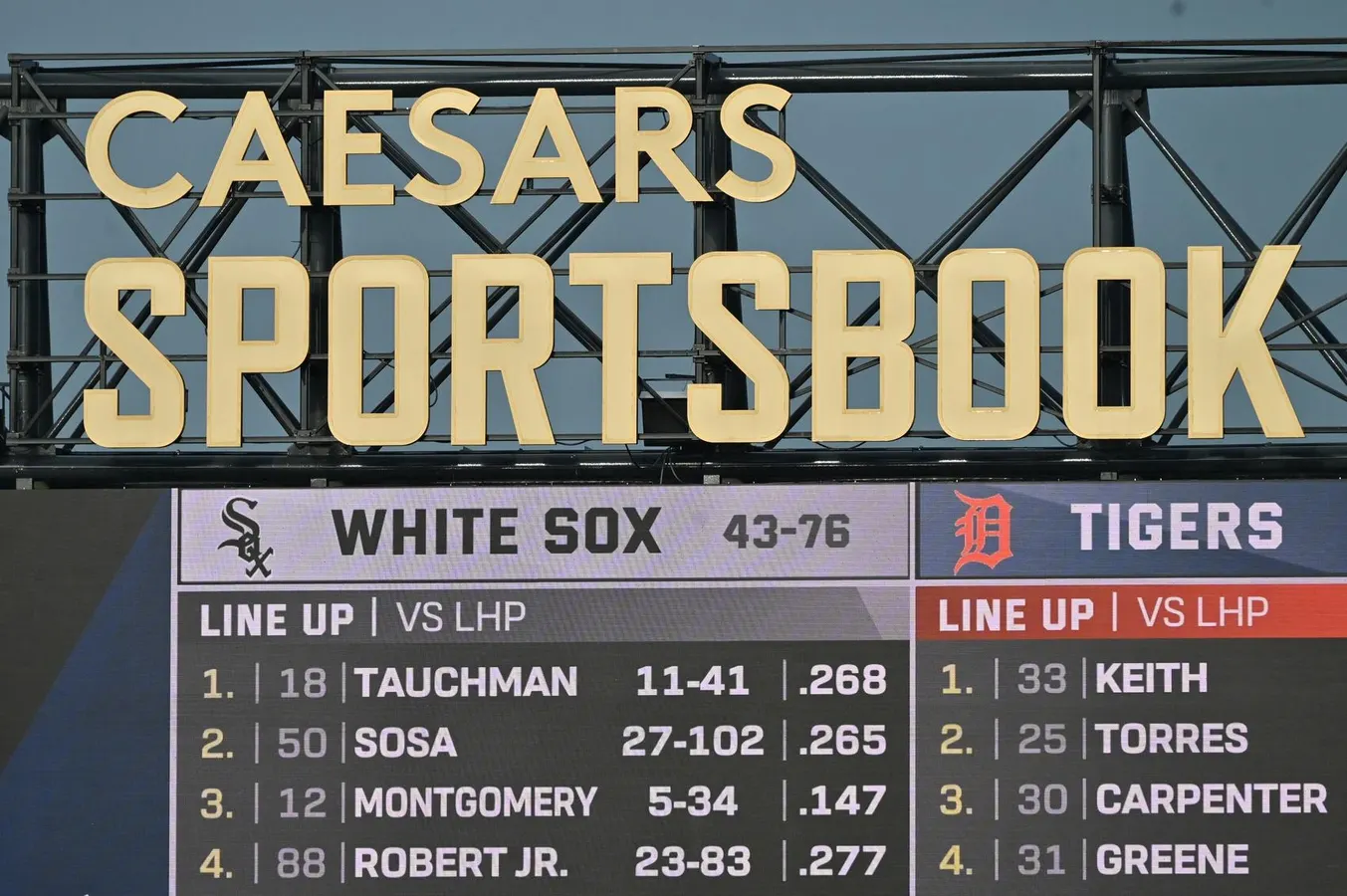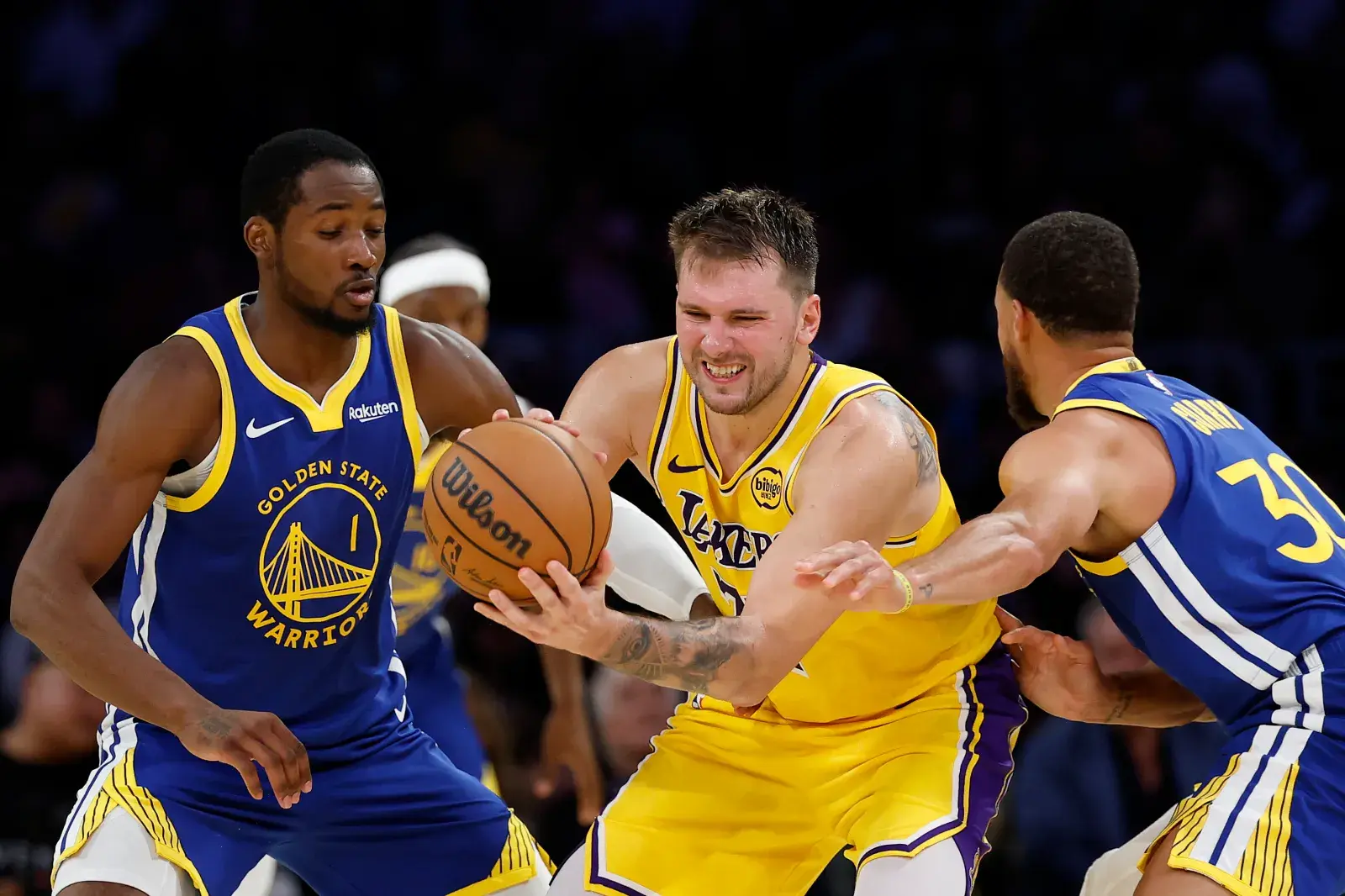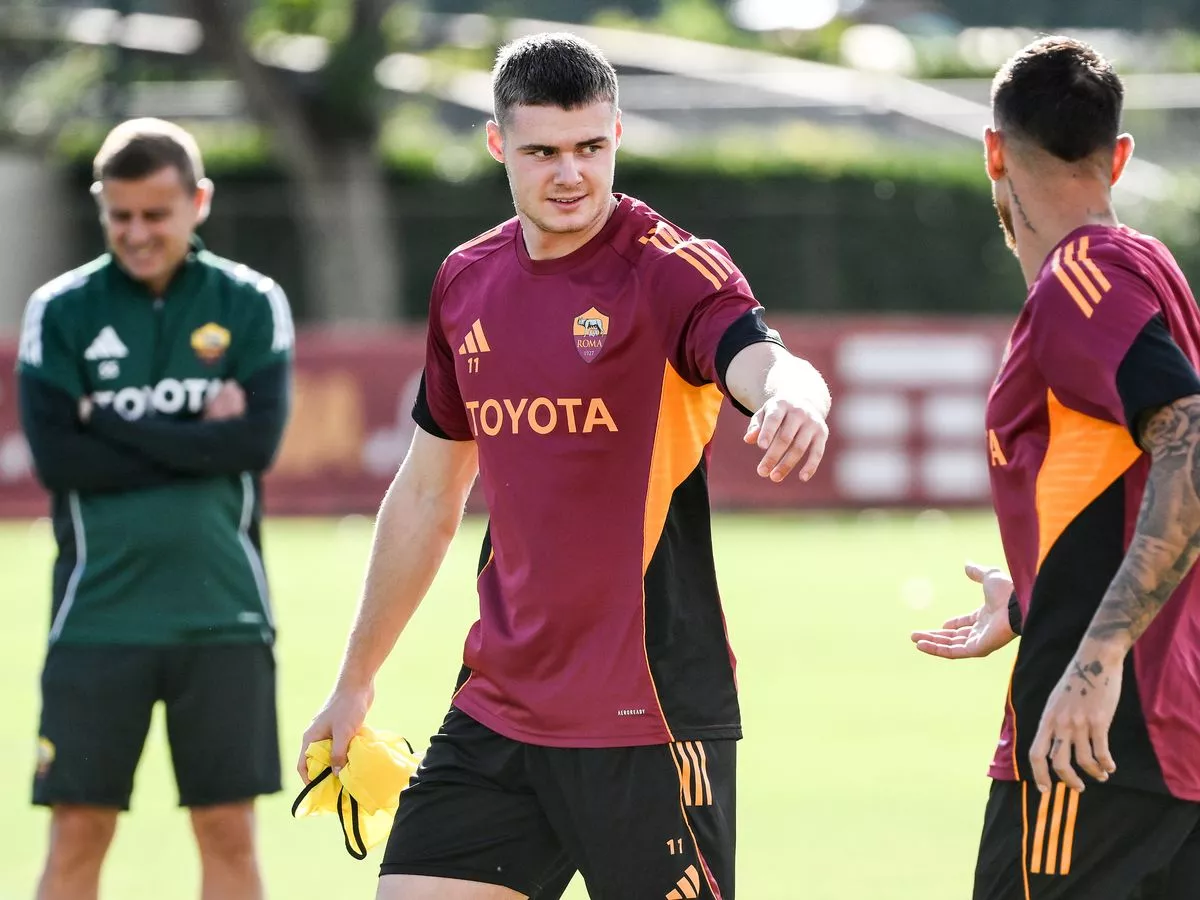Copyright forbes

CHICAGO, IL - AUGUST 12: Ceasars Sportsbook advertising is seen on the scoreboard prior to an MLB game between the Chicago White Sox and the Detroit Tigers on August 12, 2025, at Rate Field in Chicago, IL. (Photo by Patrick Gorski/Icon Sportswire via Getty Images) Icon Sportswire via Getty Images Major League Baseball is preparing for the World Series. Fans of the Toronto Blue Jays and Los Angeles Dodgers are thrilled. From an attendance standpoint, the game is healthy. In 2025, 71,409,421 fans attended games. It was the third consecutive season attendance surpassed 70 million fans. But for this old scout, scars and bad feelings remain from consequential decisions made by Major League Baseball’s top executives. Here are three controversial decisions that have had an impact on players, fans, communities, and the game itself. (051705 - PAWTUCKET, RI) Pawtucket Pawsox Hitting Coordinator Orv Franchuk discusses batting strategy at McCoy Stadium in Pawtucket Tuesday. (051705pawsoxdg - Staff Photo by David Goldman. Saved in Photo Adv Sports) (Photo by David Goldman/MediaNews Group/Boston Herald via Getty Images) MediaNews Group via Getty Images Financially Based MLB Decisions: 1-Reducing Minor League Affiliates: MORE FOR YOU As ESPN reported, at the end of 2020, MLB reduced their minor league affiliations by cutting 40 teams. Each MLB franchise was reduced to four affiliates; one Triple-A, one Double-A, one Class-A Advanced, and one Low-A team. That decision wiped 40 teams off the Minor League Baseball map. The decision to alter the landscape of the minor leagues was predicated on several factors: - Fewer teams meant minor league players could receive long overdue increased compensation, increased accommodation money, and increased meal money. -Fewer teams meant less out of pocket spending for ownership on developing players with little or no chance to graduate to the big league club. -Fewer teams meant the remaining players had a legitimate chance to have a career in professional baseball. Only the best players would survive. But what are the current ramifications of eliminating 40 teams in 40 communities? Entire towns lost a very valuable means of entertainment. No more days and nights at the local baseball park. No more group outings at a game. No more local team to root for. No more local game on radio, and in some cases, on television. Local restaurants, hotels, airports, pubs, bars, and facilities that supported the local minor league team lost team related revenue. Local advertisers were without a natural outlet to introduce their product, company or service around the local minor league club. With the stroke of a pen, hundreds and hundreds of players, managers, coaches, team personnel, media members, and stadium/concession workers were out of a job. All true. And for this scout, all unnecessary. But the owners are happy. Their profits continue to soar. They saved money. Note: McCoy Stadium (Pawtucket, RI) pictured above was a victim of moving the Red sox Triple-A franchise to Worcester, Mass. DUBLIN, IRELAND - MAY 6:People passing by a BoyleSports betting office advertising board in Dublin city center, on May 6, 2024, in Dublin, Ireland. (Photo by Artur Widak/NurPhoto via Getty Images) NurPhoto via Getty Images 2- Gambling Enters Major League Baseball In November 2018, MLB signed a partnership agreement with MGM Resorts and playMGM brands that included sponsorships and promotions around various media platforms. And so it began. At the time, MGM had deals in place with the NBA, and NHL. But did MLB have to follow suit? Of course they did. It’s all about the money. Millions of dollars flow between MLB teams and gambling related entities. Wasn’t it MLB that drew a line in the sand when it came to gambling? And wasn’t it MLB that feared putting a team in Las Vegas because of the casinos? Yes it was. It’s all about the money. In the early days of MLB’s acceptance of gambling entities, this old scout remembers going to Chase Field in Phoenix and seeing ticket windows converted to gambling locations. Now, outside Chase Field, an entire restaurant is based upon pub food and gambling opportunities. That scene repeats itself throughout Major League Baseball venues. MLB posts signs warning players against gambling on baseball. Players have been suspended for allegedly, or actually gambling on baseball. The temptation is too great. The means to make a fortune, too easy. Throw a bad pitch in a “prop” bet. Swing and miss at the right time in a “prop” bet-or small bets predicting one time outcomes. The toothpaste is out of the tube. MLB chased the gambling money. But there are, and will be, severe prices to pay for that decision. BIRMINGHAM, AL - APRIL 16: TV coverage logos for Peacock, USA, NBC, FS1 and FOX are displayed during the inaugural USFL game between the New Jersey Generals and Birmingham Stallions on April 16, 2022, at Protective Stadium in Birmingham, AL. (Photo by Michael Wade/Icon Sportswire via Getty Images) Icon Sportswire via Getty Images 3-Shutting Fans Out Of Televised Games MLB is reeling from losing broadcast money with the demise of Regional Sports Networks. Small and mid-market teams have to scramble to get their games on television. In fact, MLB is producing games on their platform in several markets. But in the postseason, MLB has shut out thousands and thousands of potential playoff game viewers by taking games to cable television and streaming outlets. Not every household gets FOX, or FS1, ESPN, and TBS. But MLB made a fortune selling broadcast rights to those outlets, neglecting the fans that can’t afford to watch their games. During the regular season, games are shown on APPLE TV, and other outlets that are not in the financial reach of many, many, loyal fans. It isn’t right. It isn’t fair. But it makes money for Major League Baseball. In Major League Baseball, money prevails. Editorial StandardsReprints & Permissions



